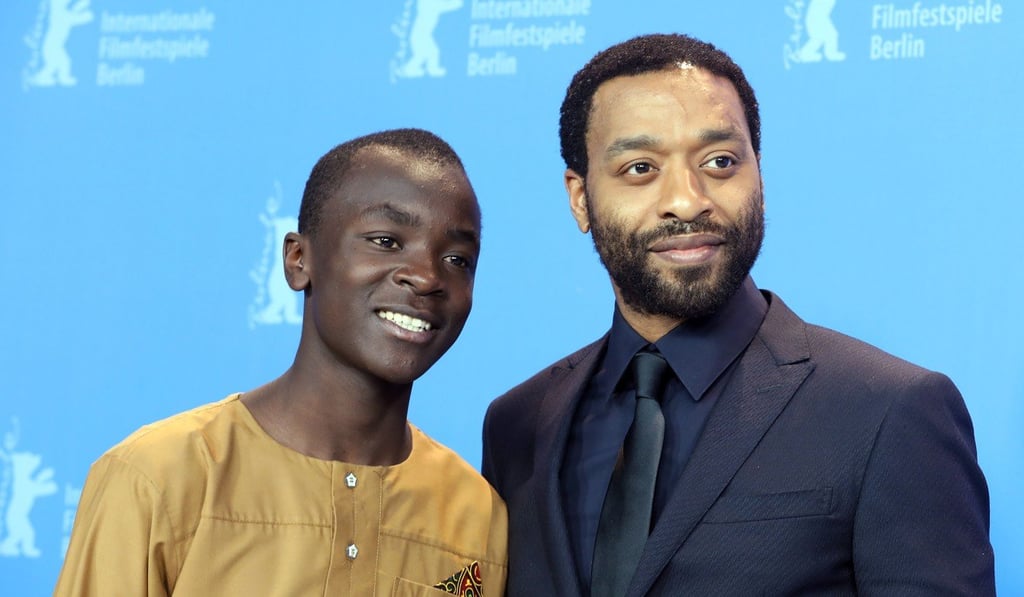Netflix’s The Boy Who Harnessed The Wind sees Chiwetel Ejiofor dive into directing to tell ‘inspiring’ true story of survival
- Film follows a teen who develops a wind machine made from scrap to bring life-saving electricity to his village in Malawi
- Famed British actor, and now director, started working on the project 10 years ago

It’s no surprise filmmakers are turning to Netflix in their droves. With successes like Oscar-nominated Roma, the streaming giant is fast becoming the go-to platform for those wanting to tell stories outside the norm.
Take Chiwetel Ejiofor’s new feature The Boy Who Harnessed The Wind. Marking the directorial debut of the celebrated British-Nigerian actor, it’s a true story largely told in Chichewa, the language of African country Malawi. This sort of film is increasingly hard to get into cinemas.
With Netflix buying the rights, Ejiofor is going to see his film pumped into living rooms worldwide. “It’s very exciting to have the capacity to tell the story on a global level,” he says. “It maximises the potential.”
Of course, when he started working on the project 10 years ago, Netflix was not on his mind. After reading the bestselling book by William Kamkwamba, upon whose life it’s based, and Bryan Mealer, he simply wanted to bring it to screens.

Set in 2002, when Malawi was hit by a devastating famine, the resourceful 14 year-old William develops a wind machine made from scrap to bring life-saving electricity to his village.